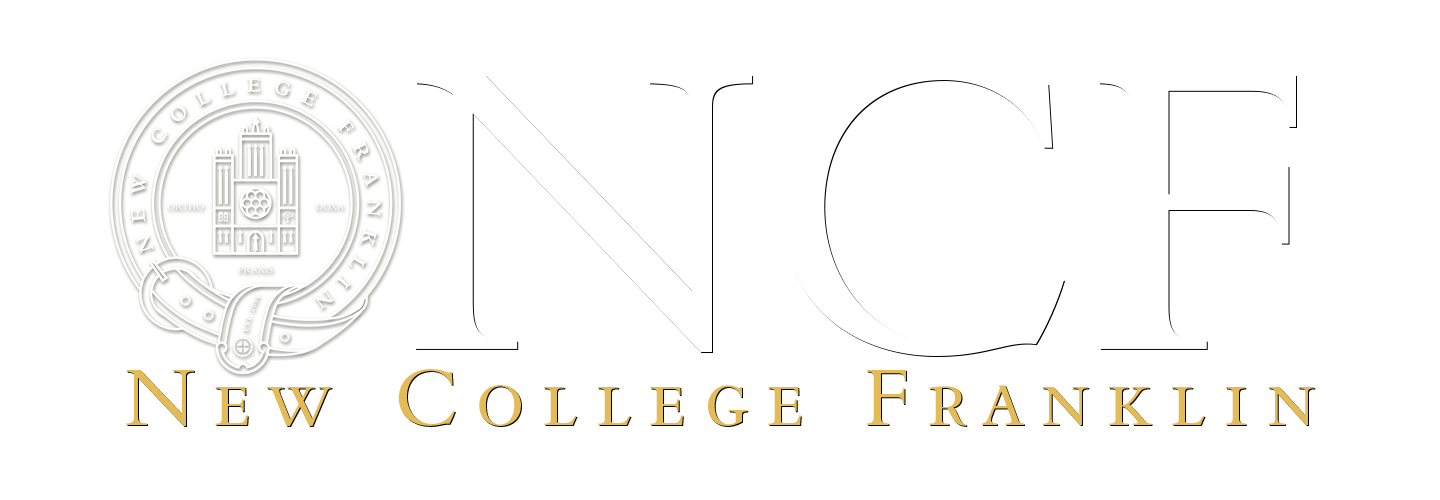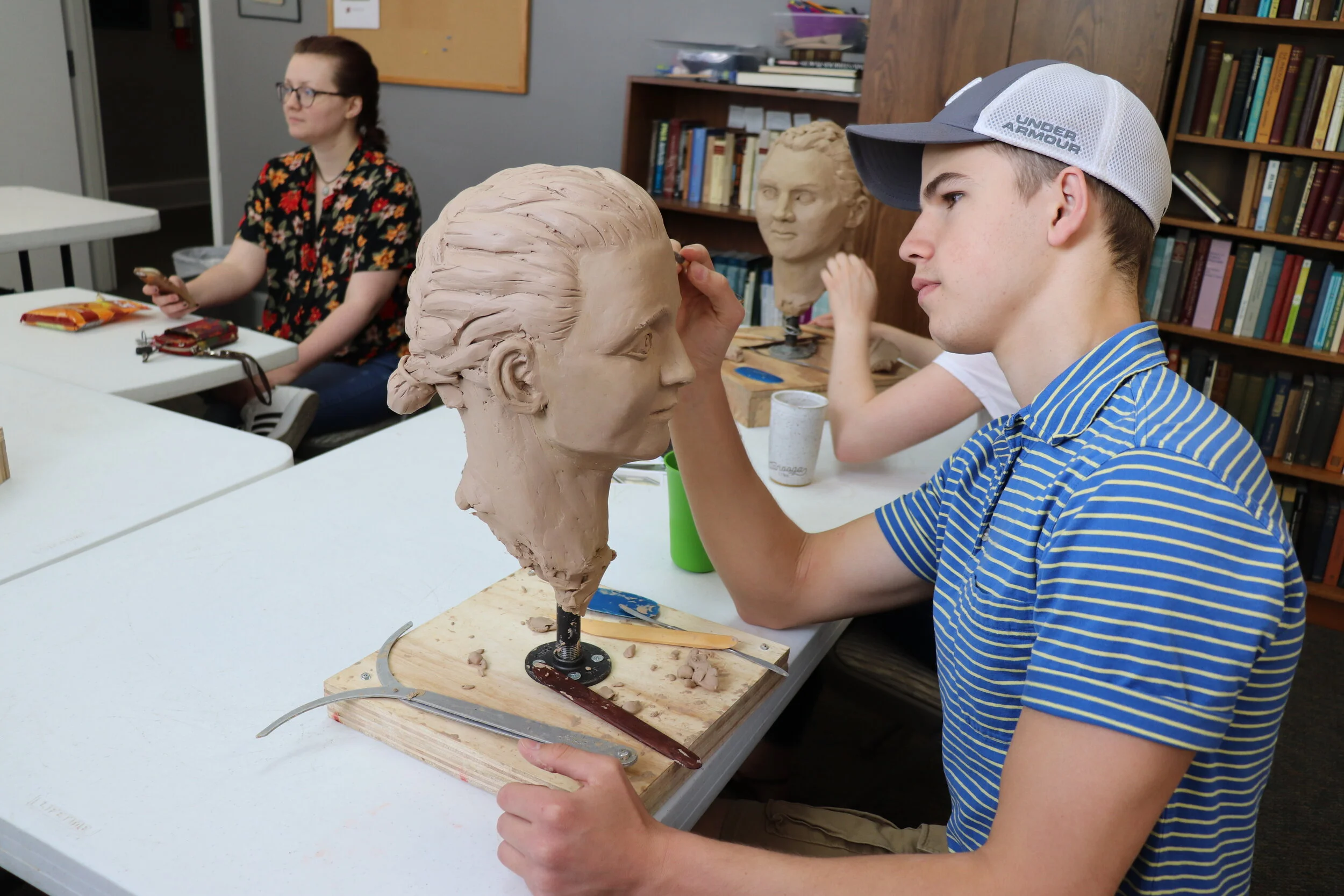Program of Study
Overview of the Academic Program
Truth is by nature one, universal, and indivisible because the ultimate truth is Jesus Christ. Jesus Christ is the Logos, the one Word of God through Whose light knowledge is possible (John 1:3-4). Because truth is the Word—a united whole—it is essential that the curriculum of New College Franklin reflects this unity. Every fact, idea, symbol, or sign exists in relationship to universal truth. Every part of the curriculum is interrelated and helps the student seek, know, and experience truth. While there are facets of the curriculum as varied as Greek grammar and Euclidean propositions, every part serves the whole.
New College Franklin offers one degree—a Bachelor of Arts in Liberal Arts. With the exception of preceptorials, all students take the same courses. Our goals encompass our students’ vocations and individual callings, but our primary goals are wisdom and discipleship for all of life. Because of this commitment, all of the disciplines are core curricula, and we believe that this core prepares each student to seek his or her individual calling. Once the strong foundation of a liberal arts education is laid, students are prepared to pursue their callings in light of the questions and ideals common to all humanity. Additionally, we encourage students to shape projects, papers, and the Capstone Project to coincide with their vocational callings and interests.

The curriculum of New College is grounded in five areas.
Model Four-Year Plan for the Bachelor of Arts Degree
GRADUATION REQUIREMENTS/PROCEDURES
Candidates for the Bachelor of Arts must complete each of the following requirements or their approved equivalent or replacement. These are typically completed in 4 years, assuming an average credit workload of 16 credits per semester.
● Earn 32 credits in the Moral Philosophy discipline field.
● Earn 24 credits in the Theological Studies discipline field.
● Earn 20 credits in the Trivium Studies discipline field.
● Earn 24 credits in the Quadrivium Studies discipline field.
● Earn 20 credits in the Applied Study discipline field.
● Complete the 3 credit Senior Capstone Course
Students who plan to graduate must submit an application to graduate. By February 15 for the Spring semester, or September 15 for the Fall semester (if applicable). Upon submission, the Office of the Dean of Academics will review the application and confirm that the student will meet program requirements by graduation (program requirements are listed above). Once the review is complete and successful, graduation materials will be ordered. Although diploma covers will be used in graduation, actual diplomas will not be released until grades have been finalized, all requirements are met, and all financial obligations are satisfied.





